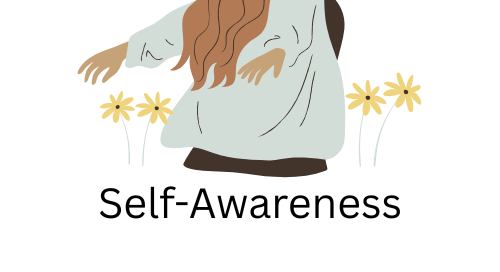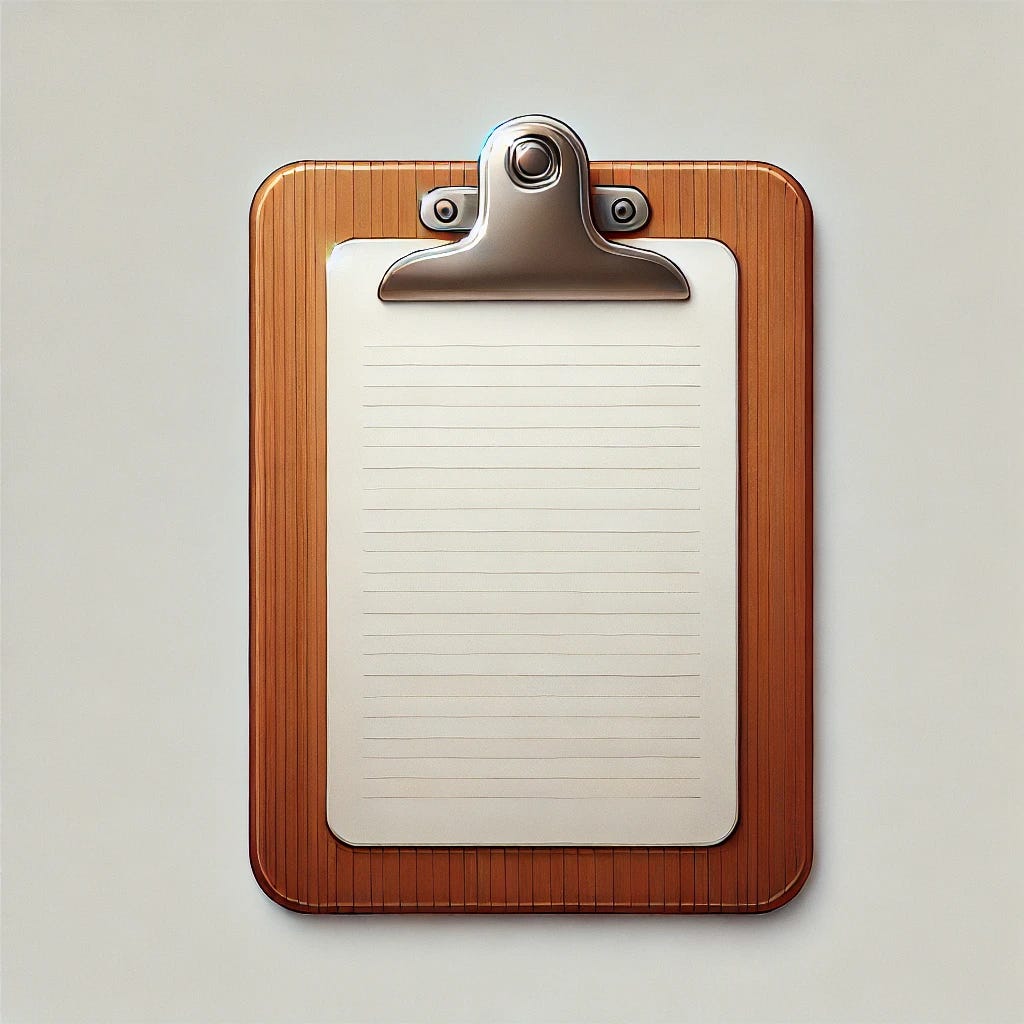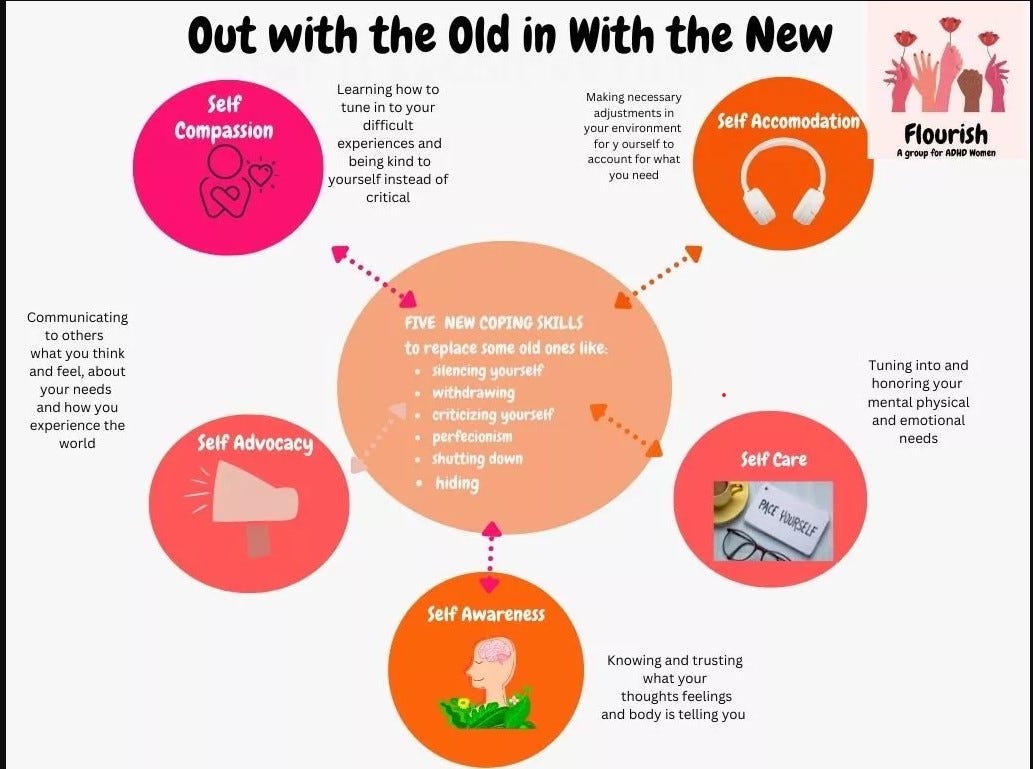Are You an Emotional Sponge? Why ADHD Empaths Desperately Need Boundaries
Emotional bandwidth is a real and limited resource for ADHD brains.
Feeling Drained After Socializing? You’re Not Alone.
If social interactions leave you exhausted, if you feel like you care too much or carry others’ emotions—you’re not the only one.
Many women with ADHD struggle with emotional boundaries. And we often need them more than most.
Emotional boundaries protect your energy. They help you recognize what feelings are yours—and what aren’t. You can care about others without taking on their stress or guilt.
Just like managing time and focus, managing emotional load is a challenge. But boundaries aren’t just helpful—they’re essential.
🔒 Setting and Protecting Emotional Boundaries
Setting an emotional boundary might mean saying something like, “I’m feeling a little overwhelmed right now, can we talk about this later?” For ADHD women, who often feel emotions intensely, this helps.
Protecting boundaries means stepping back or avoiding draining situations or people, taking space when needed, and honoring your limits—even when it’s hard.
Protecting a boundary is not just about what you say; it's also about what you do. It’s about how you care for yourself to avoid feeling overwhelmed.
Why ADHD Makes Boundaries Harder
ADHD can make boundaries difficult, even when you know you need them. Common patterns include:
Saying yes before thinking it through
Avoiding conflict at all costs
Prioritizing others over yourself
Overcommitting your time and energy
Not realizing you're overwhelmed until it’s too late
Without Clear Emotional Boundaries, Many ADHD Women:
Burn out
Absorb others’ emotions
Shut down or spiral into guilt
Struggle to recover from social time
Feel responsible for everyone’s feelings
Boundaries help preserve your emotional bandwidth and keep your nervous system in a regulated state.
🛠 5 ADHD-Friendly Boundary Tools
Here’s how to make boundaries easier, step by step:
1. Listen to Your Body
Pay attention to early signs, such as a tight chest, headache, or sudden fatigue. Your body often knows before your brain.
2. Start Small
Practice saying no or “not now” in low-pressure situations. Try: “Let me think about it and get back to you.”
3. Use External Supports
Use sticky notes, reminders, or saved scripts.
Try: “I care about you, but I’m overwhelmed. Can we talk later?”
4. Try a Color Code System
Check in with yourself daily:
Green: “I can hold space today.”
Yellow: “I need a break first.”
Red: “I’m not available for this.”
📅 5. Reflect Weekly
Ask yourself:
Where did I feel drained?
Did I protect my boundaries?
What would I do differently?
This reflection can help with awareness.
➝➝➝Here are some free worksheets and a handout to help
💥 Final Thought: Boundaries Aren’t Walls
They’re not rejection or punishment. They protect your capacity to connect—not avoid it.
I’m Kristen McClure, MSW, LCSW—a therapist with 30 years of experience, a child and mental health advocate, and a neurodivergent-affirming coach. I run a therapy practice in Charlotte, NC, and have developed a comprehensive, neurodivergent-affirming program for ADHD and AuDHD women.
🔹 Learn more about the Flourish program: here
🔹 Join the waitlist for the next Flourish cohort: here
🔹 Join my free, affirming community for neurodivergent women: here
🔹 Are you a therapist and want to learn about the flourish model? I’m considering teaching this model and sharing the materials. sign up here
I also write four free newsletters on Substack, covering ADHD advocacy, neurodivergent children, and therapist topics.
Thanks for reading Flourish!!
Kristen McClure








I SO need more, and better, self-care. Thanks for the reminder!
All I seem to do is work and stress.
Today, Easter Friday, I am going to do something nice. Don't know what it will look like yet but I will do it!
So so relatable. As a manager at work, this has been a thorny issue I’m still trying to figure out.